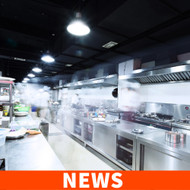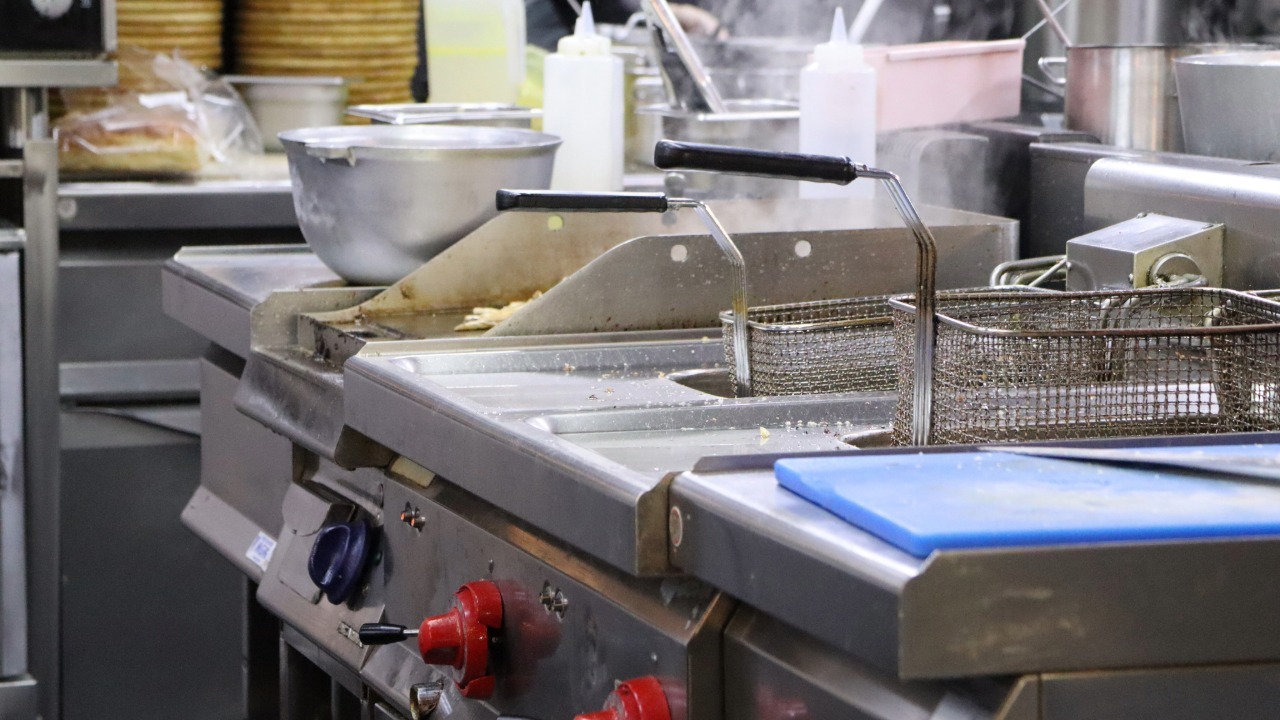Rising Costs Force Half of Hospitality Operators to Cut Back on Capital Spending
Posted by Emily on 6th Oct 2025 Reading Time:
Nearly half of Britain’s hospitality operators have been forced to scale back their capital expenditure (capex) programmes as spiralling operational costs take their toll on the industry, according to the latest Business Confidence Survey from CGA by NIQ and Sona.
The survey, conducted among senior leaders—including CEOs, managing directors, and board members—from more than 14,000 hospitality businesses between July and early August 2025, paints a stark picture of a sector under intense financial strain.
Operational Costs Soar, Capex Slashed
The data reveals that 63% of operators increased their operational expenditure (opex) over the past 12 months as inflation continues to drive up the costs of labour, food, and drink. In contrast, only 34% of businesses were able to expand their capital investments, while 45% were forced to make cuts—a figure more than double those reducing operational spend.
April’s “triple whammy” of tax rises has deepened the divide between businesses that can afford to invest and those simply trying to survive. The report found that one in four operators (25%) managed to increase both operational and capital spending, while 14% were compelled to reduce both.
The picture is bleaker among independents: just 22% increased capex year-on-year, while a concerning 60% cut investment in refurbishments and site improvements.
Polarisation Deepens Between Big and Small Operators
According to Karl Chessell, Director of Hospitality Operators and Food (EMEA) at CGA by NIQ, the financial pressure has intensified following tax and wage increases earlier this year.
“April’s increases in pay levels and National Insurance Contributions have added yet more weight to the heavy cost burdens on hospitality businesses,” Chessell said. “They’ve further polarised the sector, between successful and efficient businesses that are able to invest across the board, and weaker ones that are struggling to keep up with day-to-day costs and are scaling back capital projects.”
While many operators recognise the importance of capital investment—particularly in technology, which can drive efficiency and revenue growth—the ability to fund such projects has become increasingly limited. “Investment here feels a big stretch for some operators—especially smaller ones—but it’s going to be essential if businesses are to stay competitive and meet guests’ evolving needs,” Chessell added.
The Case for Smarter Investment
Despite the squeeze, business leaders continue to prioritise areas that can deliver operational gains. Two-thirds (65%) say site refurbishments remain a high or medium investment priority, while 55% highlight workforce management technology as a key focus. Half of respondents identify customer-facing technology and new site acquisitions as investment priorities.
Paul Watson, Vice President of Hospitality at Sona, emphasised the strategic role of targeted technology adoption.
“As operational costs continue to climb, hospitality businesses are rightly reassessing how they allocate resources,” Watson said. “Intelligent, AI-driven solutions can deliver immediate efficiencies in scheduling, labour optimisation and compliance, helping operators reduce overheads without compromising service quality. For smaller and independent businesses especially, targeted tech investment isn’t just a cost—it’s a strategic lever to unlock resilience, agility and long-term competitiveness in a volatile market.”
Signs of Resilience Amid Uncertainty
Despite widespread financial pressure, there are signs of underlying resilience in consumer demand. While 61% of leaders cite the economic environment as a barrier to capital expenditure, only 27% point to consumer sentiment as a concern—suggesting that the appetite for hospitality experiences remains strong.
However, with 53% of leaders holding less than six months of cash reserves—and 9% having none at all—the sector faces a critical balancing act between short-term survival and long-term growth.
The findings underline a central tension in hospitality today: to stand still is to fall behind, yet the rising cost of doing business makes progress increasingly difficult.




